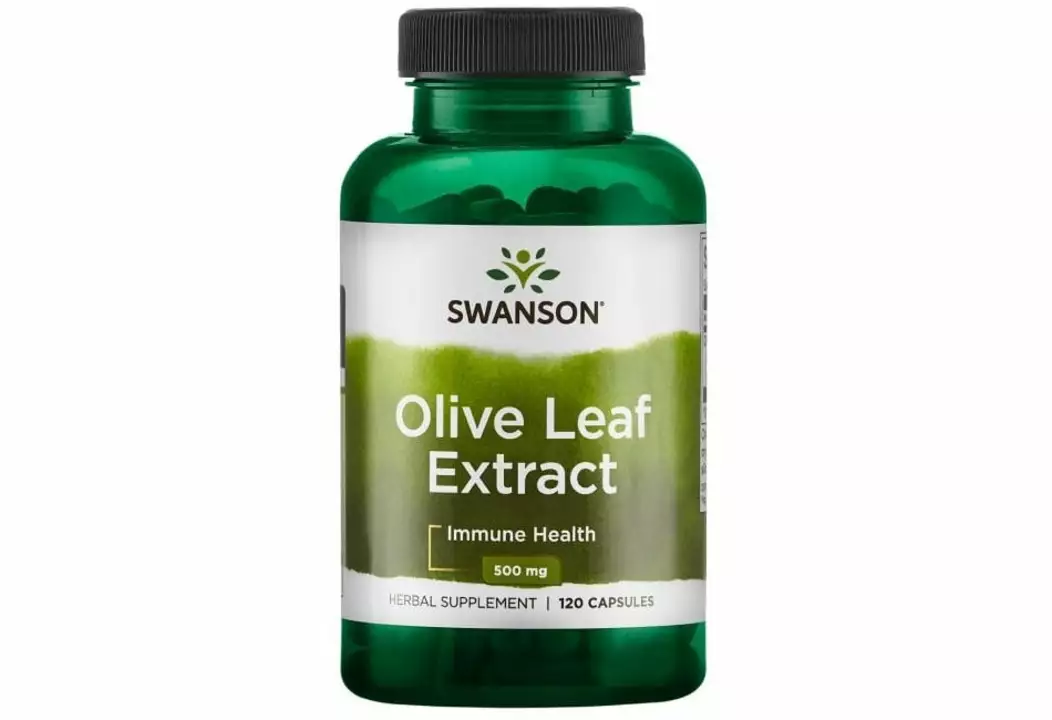Devil's Club: Practical Guide to Uses, Safety, and Sourcing
Heard of Devil's Club and not sure what it really is or whether you should try it? This page breaks down the basics in plain language — what people have used it for, how it’s prepared, safety concerns, and smart ways to buy it without getting ripped off or harming wild populations.
What is Devil's Club?
Devil's Club (Oplopanax horridus) is a woody shrub from the Pacific Northwest. Indigenous communities have used its bark and roots for generations for cultural and healing practices. Today you’ll see it sold as dried root, tinctures, or capsules. The plant is easy to recognize because of its big leaves and sharp spines, but you should never harvest it without permission — it grows in sensitive forest areas and is culturally important to local tribes.
How people prepare and use it
Common forms: decoctions (simmered root or bark), alcohol tinctures, and powdered capsules. A decoction is made by simmering pieces of root or bark in water to extract compounds; tinctures use alcohol instead of water and last longer on the shelf. People use these preparations for general wellness support or as part of traditional remedies. If you plan to try a product, pick one from a reputable seller who lists the plant part used and country of origin.
Quick tips on preparation and storage: dry the material fully before long-term storage, keep it in a dark, cool place, and label jars with date and plant part. If you buy a tincture, shake it gently and store it away from heat and light. Avoid homemade picks from unknown wild sites unless you’ve been taught how to do it responsibly.
Before using: ask yourself why you want it and what you expect it to do. Herbs can help with well-being routines, but they don’t replace medical care. If you’re on medications, pregnant, nursing, or have a chronic condition, check with a healthcare professional first.
Safety and interactions: Devil's Club can be strong. Some people report stomach upset or skin irritation if they handle the fresh plant. It can interact with blood-thinning medications and other prescription drugs — don’t mix without medical advice. Allergies are possible; test a tiny amount first if you’re unsure.
Sourcing responsibly: buy from sellers who say the product is sustainably harvested or cultivated. Ask for harvest location and certificates when possible. Avoid products that hide the plant part (root vs. bark) or give vague origin info. Respect Indigenous knowledge — many tribes have rules about sharing traditional medicine and commercializing it.
Want to read more on herbs and safe buying? We cover herbal guides, supplement safety, and how to find reputable online sellers across Viabestbuys Pharmacy Guide. Use those resources to compare products and make a safer choice.
If you’re curious but cautious, start small, keep records of how you feel, and talk with a professional. That’s the smartest way to try any potent herb, including Devil's Club.





